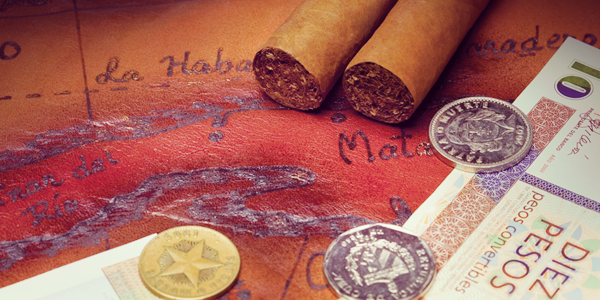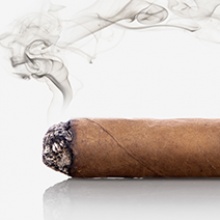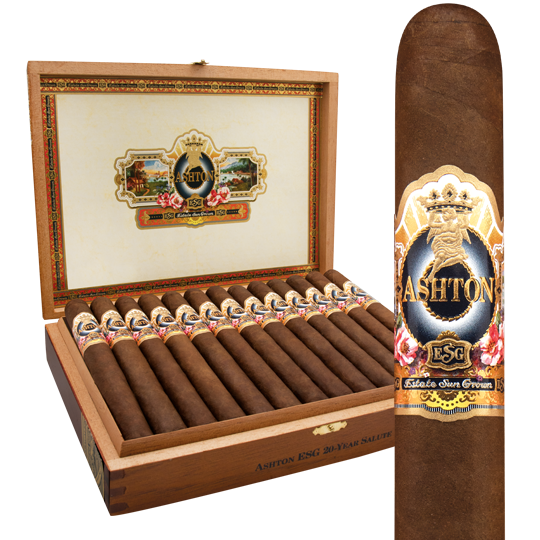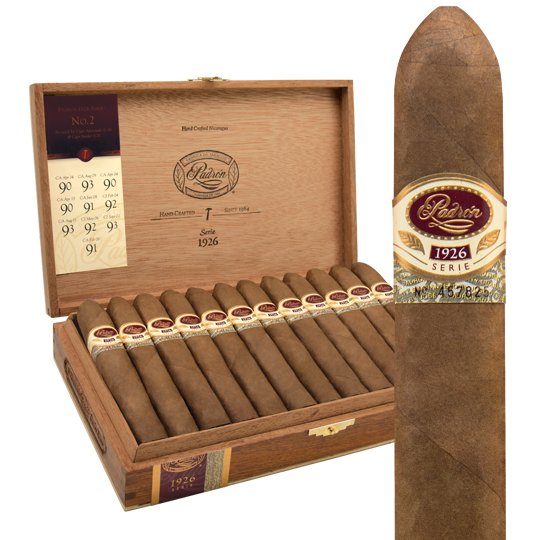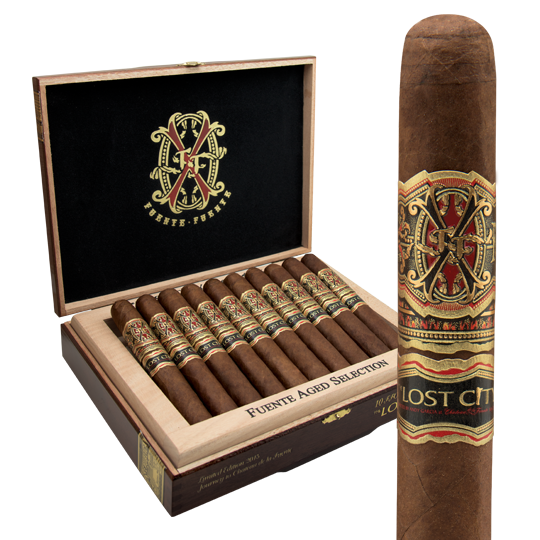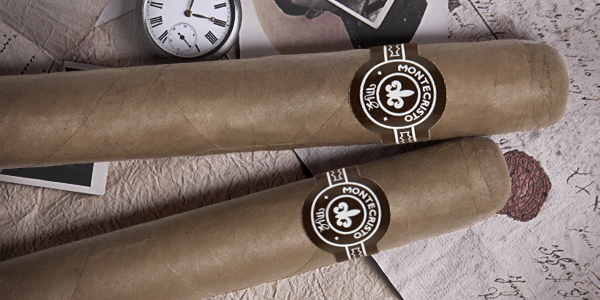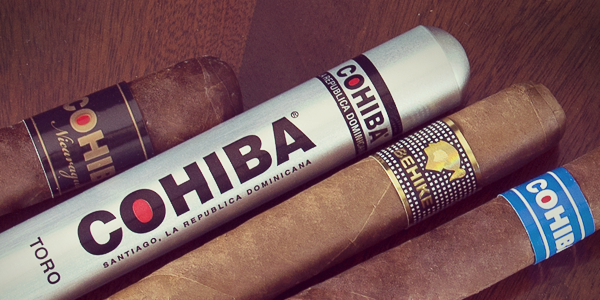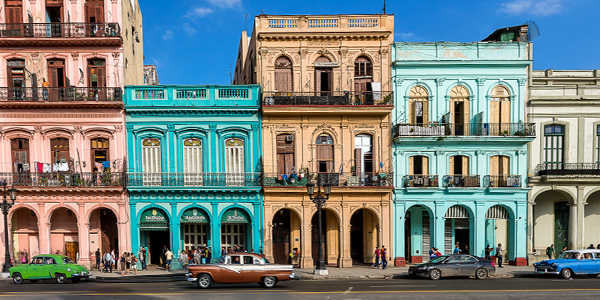How Much Do Cuban Cigars Cost?
The simplest answer to the question of how much do Cuban cigars cost is a lot. Cuban cigars can range anywhere from $7 or $8 to hundreds of dollars apiece, but the more complex answer to what Cuban cigars cost depends on a number of factors, not the least of which is geography. To be clear, Cuban cigars cannot legally be purchased in the United States. Thanks, however, to an order by former President Obama in 2014, US citizens are allowed to bring in Cuban cigars not only from Cuba, but also from other countries. So, how much a Cuban cigar costs will depend primarily on where you buy it. Let’s start with Cuba itself.
Where You Buy Cuban Cigars Matters
If you go to the island – and that’s not free – Cuban cigar prices in Cuba are the lowest you’ll find. The iconic Montecristo No. 2 will run you about $8 CUCs, or Cuban Convertible Pesos. The CUC is tied directly to US dollars, so the Monte 2 would cost $8 in Cuba. If you can find it. If you’re buying Cuban cigars in Mexico, the same cigar at a La Casa del Habano, the official Cuban cigar store, will cost about $18. In London, figure around £24.30. At current exchange rates of roughly £1 to $1.40, that’s more than $34 per stick. Why the different prices?
Don’t Forget Taxes
In Mexico and the United Kingdom, taxes can increase the cost of a cigar by up to 300 percent. In the United Kingdom, there is a tax of £2.39 (or $3.37) on every 10 grams of cigar tobacco. A Montecristo No. 2 weighs approximately 14.26 grams. The tax adds nearly $6 to the price. Include other luxury taxes, import charges and profit margin, and you get a very costly smoke. In Canada, for many of the same reasons, the Monte 2 runs a nearly unfindable low of $24, but that’s before you figure in any local taxes. You should expect to pay a low of $32 (about 40 Canadian dollars at the current exchange rate). That’s often before any markup and that goes store-by-store. I’ve seen them as high as $38 in Vancouver a couple of years ago.
To my experience, Spain has some of the more reasonable prices on Cuban cigars in all of Europe. The Montecristo No. 2 ran about $15 on a recent visit. Cigar prices are controlled by the national government in Spain, so expect to pay about the same no matter what city you’re visiting.
Are Cubans Worth the Expense?
Are Cuban cigars really better, and worth the cost? Add to everything else the inconsistent production of Cuban cigars, especially larger ones, coupled with international demand and that aforementioned opening for US buyers, and prices go high. In my experience, the value proposition when it comes to Cuban cigars depends on what you find important. If that’s consistency and quality of construction, don’t be surprised if some of those Habanos are plugged and the color of the wrappers within one box varies significantly. As with any box purchase, insist that the box be opened before you buy so you can examine the cigars. If you’re smoking Cubans for status, well, then you might be getting your money’s worth.
In Mexico, I just found the following not-horrible prices from La Casa del Habano, in US dollars, for boxes of 25 cigars. These are some great Cuban brands. Do your own math for the cost per stick, but here’s a list of recent Cuban cigar prices:
- Ramon Allones Specially Selected - $350
- Bolivar Royal Corona - $370
- Bolivar Belicoso Fino - $439
- H. Upmann #2 - $449
- Montecristo #2 - $450
Deals & Indulgences
What’s the best Cuban cigar for the price? That’s almost impossible to answer. The big names – Montecristo, Hoyo de Monterrey, Partagás, Romeo y Julieta, Ramon Allones, Bolivar, and Cohiba – will be pricey. A lesser-known label like the Cuaba Generoso, a 42 x 5 1/8 Figurado, is a great deal at about $16 in London. Smaller cigars, like a Punch Coronation, a Petit Corona, is fair at about $17. H. Upmann’s Majestic, a Corona, is not bad at about $11.40 in the UK. The Quai d’Orsay Secreto, which is exclusive to France, is a creamy, medium-full Petit Corona for less than $10.
If you can find a Montecristo No. 2 from a good growth year (mostly before 2014) for about $15, that’s a good deal, in my estimation. The same goes for a Bolivar Belicoso Fino. A Hoyo de Monterrey Epicure No. 2 for around $12 to $15 is a fair price. If you want to treat yourself, get after the elusive Cohiba Behikes. They’re expensive even in Cuba. A Behike 52 sells for about $22; the Behike 54 for about $30; and the 56 for about $31. Expect to pay double or triple those prices depending on where you are.
Duty Free
While prices at duty free shops can be cheaper than on the street, that’s not always the case. Also, Cuban cigar prices at some European airport duty free shops are different. They’re higher if you are buying them and then traveling inside the European Union (EU) than if you are traveling, say, back to the US. They’re less expensive if you’re leaving the EU.
Online Sellers
The least expensive prices for Cuban cigars I’ve found, but never ordered, have been from online sellers, particularly those based in the duty free zones of Switzerland. From these services you can get prices that are very low. A friend recently purchased 30 Punch Punch Cuban cigars for about $315 from one of these services. He gave me one and I found it flavorful, but a bit inconsistent as I smoked it. My caution here is that the cigars are not always the freshest, though most services do guarantee they’ll reach you. You should be aware that buying Cuban cigars online is NOT legal in the United States. You’ve been warned.
Buyer Beware
As with every popular cigar brand, Cuban or not, you have to be careful not to buy counterfeit cigars. Even in Cuba, you can be approached on the street and offered some unbelievable prices. They are, indeed, too good to be true. There are numerous tales of fake Cubans being bought into all the previously mentioned countries and also in places like the Dominican Republic.
My Personal Calculus
I like to stay informed of what different cigars on the market are performing well. I have to, don’t I? My overstocked humidor has some Cuban cigars in it. Not many, though. They are cigars I bought while in Europe, Asia and in Cuba. In every case, I tried one before committing to buying more. Even then I’ve been disappointed occasionally. I favor the Hoyo Epicure No. 2 and an older Montecristo No. 2, and the flavor imparted by the soil in Cuba – the famous terroir – is distinctive. Still, I can sincerely say that an Ashton ESG or a Padron 1926 or a very expensive Fuente Fuente Opus X is a cigar I know will be great every time. None of those is particularly cheap, but I can get them right down the street and they are every bit as impressive as any Cuban I’ve had in the past.

